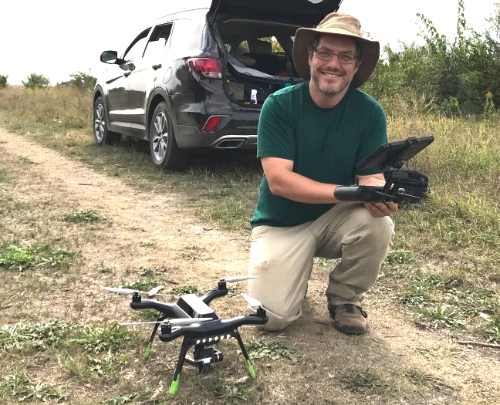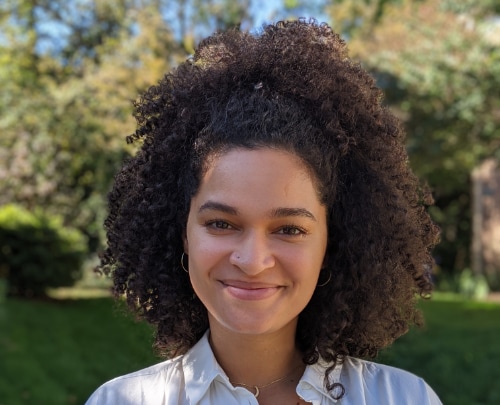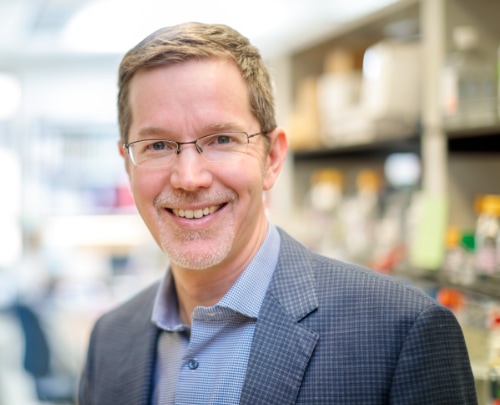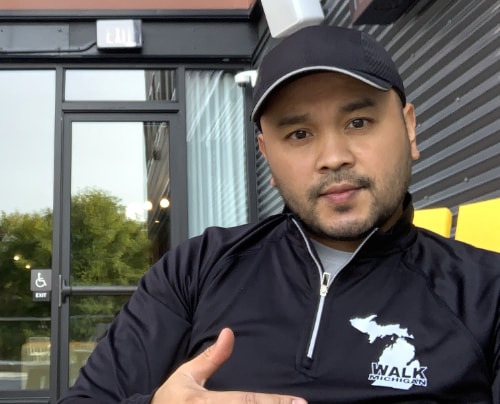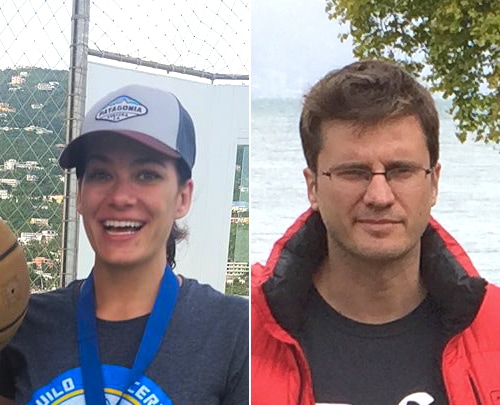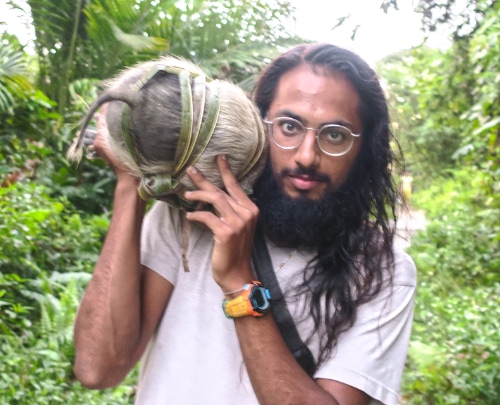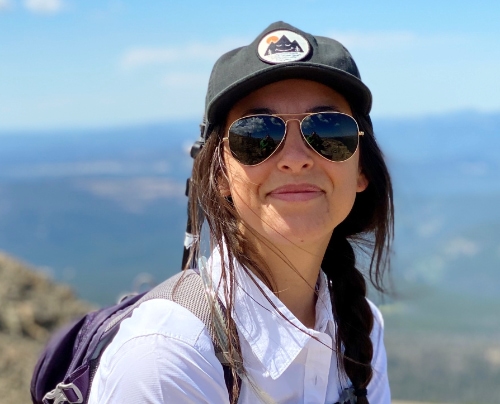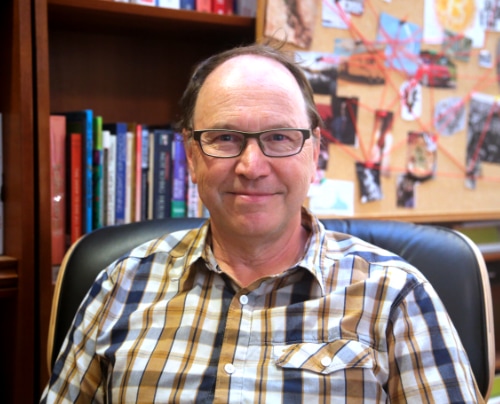How can drones help us find settlements long-lost to time? In episode 89, Jesse Casana from Dartmouth College’s Department of Anthropology discusses his research into using multi-sensor drones to collect data about a major Native American settlement in what is now Southeastern Kansas. His article “A Council Circle at Etzanoa? Multi-sensor Drone Survey at an Ancestral Wichita Settlement in Southeastern […]
Author: Parsing Science
- Parsing Science
- Archaeology, Humanities
- Comments Off on Drones Revealing the Past – Jesse Casana
- Parsing Science
- Astronomy, Natural Sciences
- Comments Off on Early Galaxies’ Formation – Arianna Long
How did the earliest and largest clusters of galaxies form? In episode 88, Arianna Long from the University California – Irvine talks with us about her research into the emergence of massive dusty star-forming galaxies that developed billions of years ago. Her article “Emergence of an Ultra-Red Ultra-Massive Galaxy Cluster Core at z = 4” was published on July 31, 2020 […]
- Parsing Science
- Applied Sciences, Medicine
- Comments Off on Silencing an ALS Gene – Tim Miller
How could a gene that causes one type of ALS be switched off? In episode 87, Tim Miller from the Washington University in St. Louis discusses his research into therapies that target the single strands of DNA or RNA which cause many cases of amyotrophic lateral sclerosis, also known as ALS or Lou Gehrig’s disease. His article “Phase 1–2 Trial […]
- Parsing Science
- Applied Sciences, Medicine
- Comments Off on Fool Me Once Again – Darwin Guevarra
Can we knowingly fake ourselves out? In episode 86 of Parsing Science we talk with Darwin Guevarra from Michigan State University about his research exploring how placebos sometimes have the power to reduce neural markers of emotional distress, even in cases in which people are told told that they’re only taking a placebo rather than an active drug. His open […]
- Parsing Science
- Social Sciences, Sociology
- Comments Off on Hot Girl Summer – Kyesha Jennings
How are Black women using social media to develop community and identity? In episode 85 we talk with Kyesha Jennings from North Carolina State University Department of English about her analysis of what the wildly popular meme “hot girl summer” – drawn from lyrics by hip-hop phenomenon, Megan Thee Stallion – tells us about changes in the ways in which […]
- Parsing Science
- Social Sciences, Psychology
- Comments Off on Why Narcissists Are “Never Wrong” – Tori Howes and Ed Kausel
Should I have done something differently? Or could nobody have seen it coming? In episode 84 Satoris “Tori” Howes from Oregon State University-Cascades and Edgar “Ed” Kausel from Pontificia Universidad Catolica de Chile join us to discuss their research into the malleability of narcissists’ memory, as well as whether they’re able to reflect on their mistakes to learn from them. Their […]
- Parsing Science
- Social Sciences, Sociology
- Comments Off on Adhering to Prohibitive Taboos – Manvir Singh
Why do religious leaders abstain from some pleasures? In episode 83, Manvir Singh from Harvard University’s Department of Human Evolutionary Biology discusses his research into why shaman healers among the a group of people off the coast of Indonesia observe costly prohibitions, such abstinence or food restrictions, especially given that they could exploit their position for self-serving ends instead. His […]
- Parsing Science
- Social Sciences, Psychology
- Comments Off on Moderating Spanking’s Lasting Impacts – Nicole Barbaro
Does spanking really have lasting impacts on kids’ later lives? In episode 82, Nicole Barbaro from Western Governors University Labs talks with us about her research into the factors that determine the answer to this question. Her study “The effects of spanking on psychosocial outcomes: revisiting genetic and environmental covariation” was developed with Eric Connolly, Madi Sogge, Todd Shackelford, and […]
- Parsing Science
- Social Sciences, Psychology, Sociology
- Comments Off on Picking Apart Conspiracy Theories – Tim Tangherlini
Is it an actual conspiracy, or just a theory about one? In episode 81, Tim Tangherlini from the University of California Berkeley’s Folklore Program discusses his research into how conspiracy theorists interpret and use what they believe is “hidden knowledge” to connect multiple human interactions that are otherwise unlinked … and how when one of these links is cut, they’re […]

